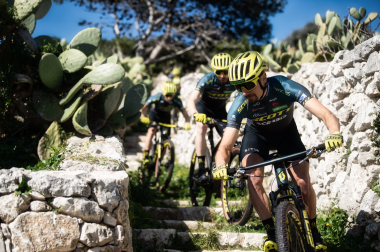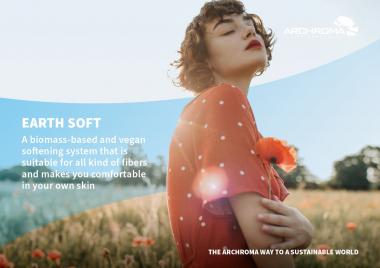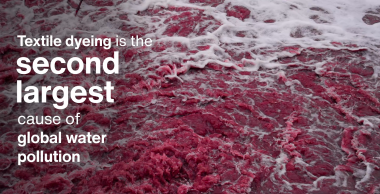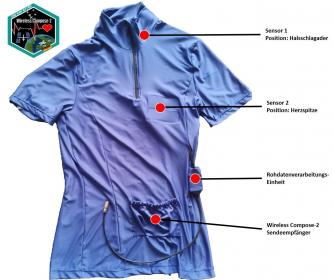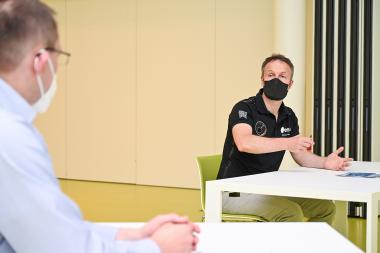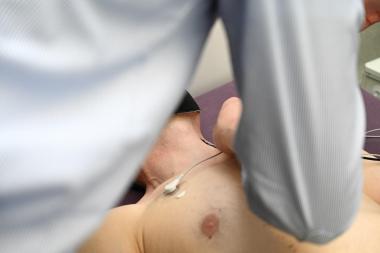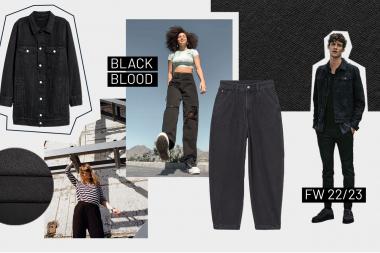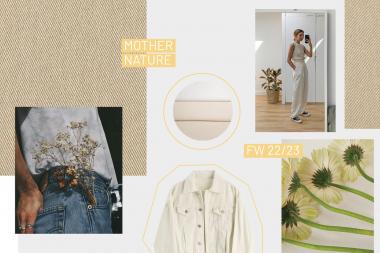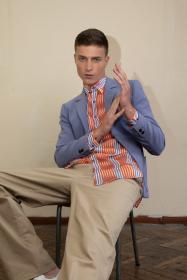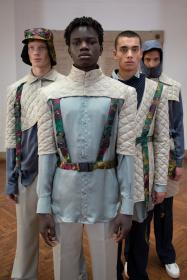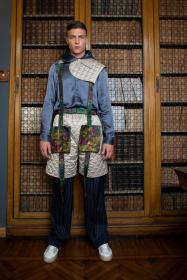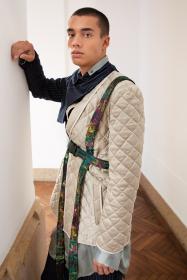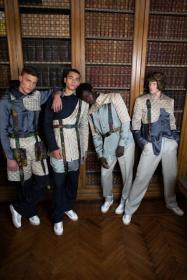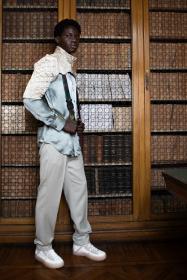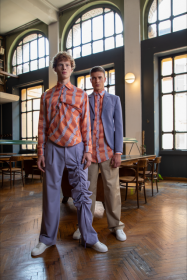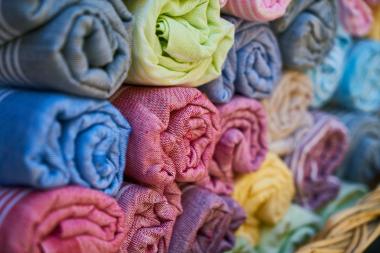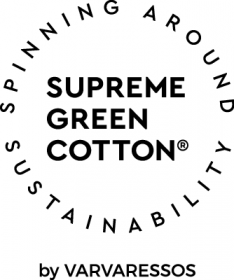Sustainable fashion platform Manufy: Upgraded version with more functionalities
Manufy, a marketplace for sustainable fashion production, has launched a new version of their platform. The platform connects conscious brands with sustainable manufacturers in hopes to create a cleaner future for the clothing industry. Now decked out with many more functionalities, Manufy aims to facilitate sustainable business between both parties from start to finish.
Over the course of the last year the Manufy team has been busy gathering feedback from its growing user base. The platform started out as a place where manufacturers and brands from Europe could connect and chat with each other, but the team found out both parties wanted more. “We constantly reached out to our users to listen to their needs. We’ve compiled all those ideas and implemented them in version two!” says Michiel Dicker, co-founder of Manufy.
Not only a full visual transformation, but many functionalities were added: “Users can now easily start a sampling process, organise projects from start to finish and get sustainability insights” Dicker says. “Manufy is becoming your one-stop-shop for all your sourcing needs!”
The start-up, which launched in december of 2020, has seen a sharp increase in user activity over the last year. With trade shows being canceled due to covid, lots of manufacturers and brands were looking for new ways to do business. Going digital was one of the logical steps.
The production requests being placed on the platform cover a wide range of garments. Hoodies and t-shirts are popular, but the Manufy team also sees lots of shoes, caps, bags, dresses, swimwear and lingerie requests coming in.
Another notable trend in the industry is the ever growing demand for sustainable clothing production. With reports on climate change coming out and more and more consumers asking for sustainable alternatives, brands are making an effort to source their products more responsibly. The fashion industry, being the second largest polluting industry, needs a sort of paradigm shift. “We should focus more on making lower quantity, higher quality products. Making it on demand would be best” says Dicker.
Manufy







